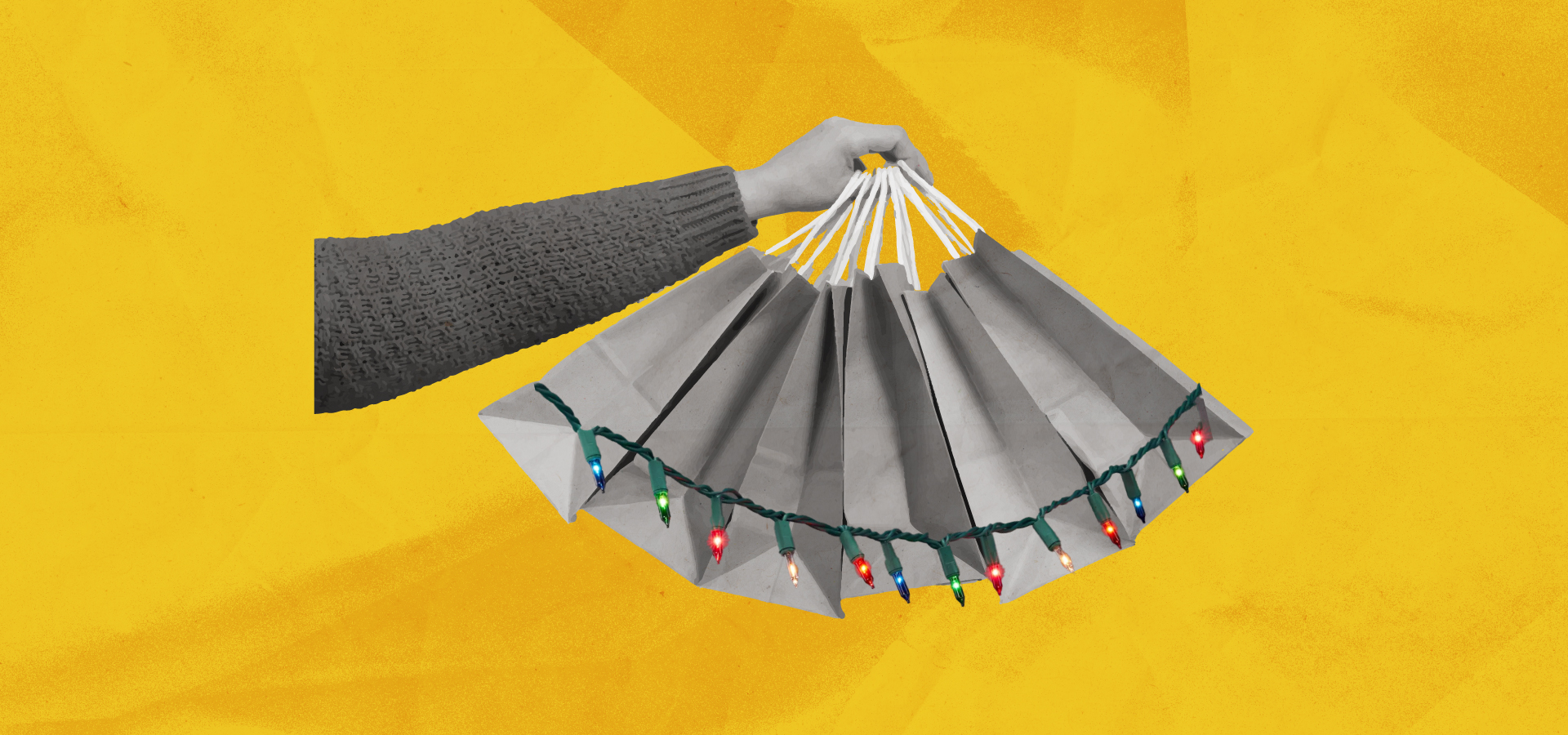
Consumerism is redefining our holiday spirit
Mass consumption overshadows holiday celebration.
Influenced by media and advertising, the holidays slowly shifted from their original meaning of focusing on community bonding to one of consumerism.
In this framework, buying gifts becomes less about the emotional connection between the giver and receiver and more about fulfilling societal expectations.
Each year, five billion pounds of waste is generated through returns, creating unnecessary waste and driving up emissions, all in the name of regret or convenience.

Vlera Zymeri
Vlera Zymeri holds a bachelor’s degree in Sociology from the University of Prishtina. She is a U.S. Department of State scholar through the CCI Program, where she studied Mass Communication at College of DuPage.
DISCLAIMERThe views of the writer do not necessarily reflect the views of Kosovo 2.0.
This story was originally written in English.